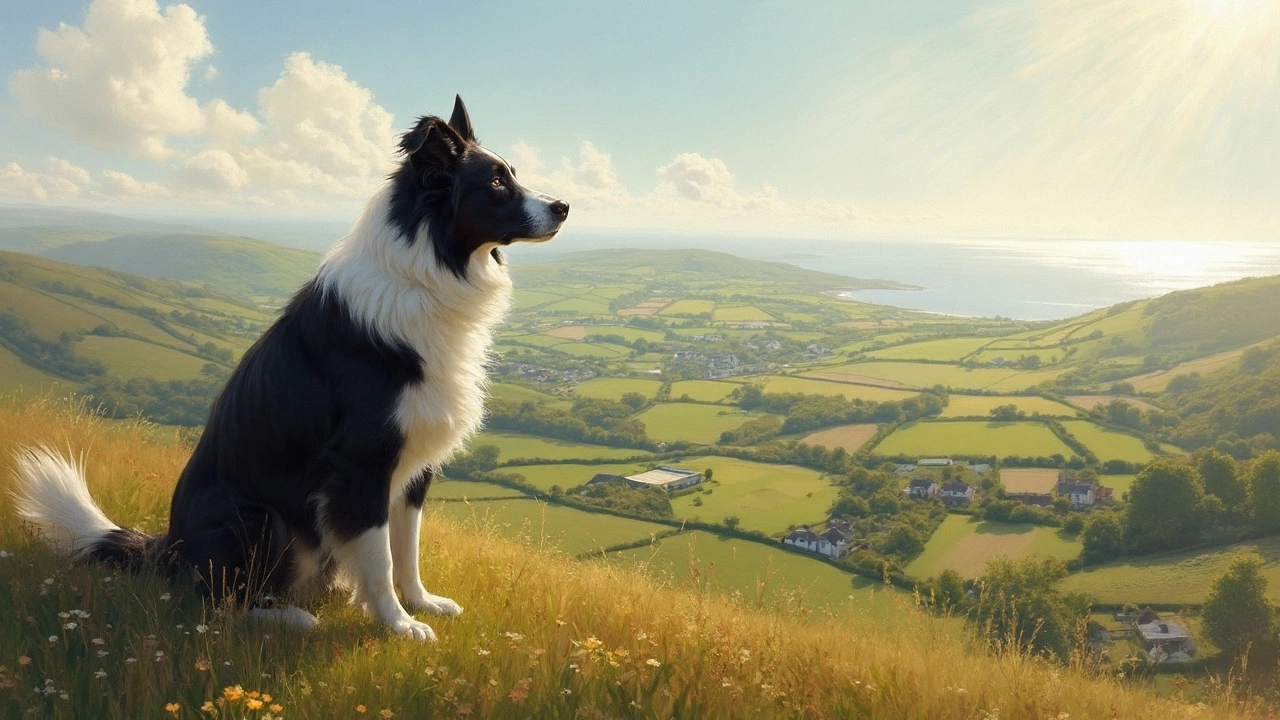Canine Abilities: Simple Ways to Unlock Your Dog’s Potential
Ever wonder why some dogs seem to pick up tricks in minutes while others need a lot of coaxing? The answer often lies in how you shape their abilities day by day. Below you’ll find quick, practical ideas that work for any breed, size, or age. No fancy equipment – just everyday items and a bit of patience.
Train Smarter, Not Harder
Start with one clear cue, like "sit" or "stay," and keep training sessions short (five to ten minutes). Dogs have short attention spans, so a quick win builds confidence. Use high‑value treats – something your pup loves more than kibble – and reward the exact behavior you want. If your dog wavers, step back a level and practice the cue in a quieter spot before adding distractions.
Mix in games that teach focus. A simple "find the treat" game sharpens scent work and problem‑solving. Hide a treat under a cup, shuffle a few cups, and let your dog sniff out the right one. This boosts mental stamina and makes training feel like play.
Everyday Activities That Build Skills
Walking isn’t just a bathroom break; it’s a chance to practice loose‑leash walking, impulse control, and social skills. Change your route frequently to expose your dog to new sights, sounds, and surfaces. When a squirrel darts by, ask for a "watch me" cue, rewarding your dog for keeping eye contact instead of lunging.
Household chores double as ability‑builders. Let your dog help by retrieving a newspaper, carrying a light basket, or nudging a ball into a box. These tasks teach obedience, confidence, and a sense of purpose. Just keep the load light and the praise genuine.
Playtime is a goldmine for ability training. Games like fetch, tug‑of‑war, and obstacle courses improve coordination, strength, and listening. Set up a mini obstacle using a broom for a jump, a towel for a tunnel, and a chair for a weave. Guide your dog through the course with a clicker or a marker word, rewarding each successful step.
Remember, consistency beats intensity. A few minutes of focused practice each day beats a long, messy session once a week. Keep a notebook of cues, treats used, and progress notes; spotting patterns helps you adjust quickly.
Most importantly, stay patient and celebrate small wins. Every time your dog gets a cue right, you’re strengthening a neural pathway that makes the next learning step easier. With these everyday tricks, you’ll see your canine’s abilities grow – and you’ll both enjoy the journey.
Can Dogs Smell Their Owners from 11 Miles Away? Exploring Amazing Canine Abilities
Dogs have an extraordinary sense of smell, often leaving us humans in awe of their capabilities. But can they really smell their owners from 11 miles away? This article delves into the fascinating world of canine olfaction and how it impacts their behavior and relationship with humans. Discover how this incredible ability plays a pivotal role in dog-friendly holidays, as well as tips for making your vacation memorable for both you and your furry friend.
